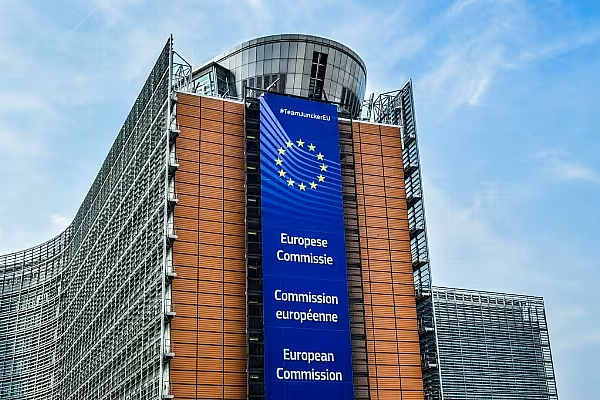EuroCommerce has welcomed the EU Commission’s proposed regulation introducing a ban on products made with forced labour in the EU.
The regulation reduces the risk of inconsistent implementation by the member states, and the Commission will seek to coordinate enforcement with national authorities, EuroCommerce noted.
Commenting on the initiative, EuroCommerce director general Christel Delberghe said, “The use of forced labour is not acceptable, be it inside or outside the EU. Retail and wholesale is committed to the observance of human rights and sustainable and responsible supply chains.
"We are fully aware of our role and wish to be part of the solution many companies are already committing to global alliances and use certification and verification schemes to address these issues and maintain responsible supply chains."
Clear Guidance
EuroCommerce emphasised that the regulation must be accompanied by clear guidance for authorities and companies.
It expressed concern over the Commission's plans to issue guidelines only some 18 months after the regulation comes into force.
Under the new regulation, products found to be made by forced labour can neither be sold in the EU, nor exported from the EU. Products that are already in the EU market will have to be withdrawn.
Christel Delberghe added, “There is a real determination on our part to make forced labour history and to do so globally. EU legislation needs to be accompanied by dialogue with trading partners and incentives for them to implement the fundamental ILO Conventions.
"The Generalised Scheme of Preferences (GSP) has shown how such an incentive-based approach can benefit all involved."
© 2022 European Supermarket Magazine – your source for the latest retail news. Article by Dayeeta Das. Click subscribe to sign up to ESM: European Supermarket Magazine.











